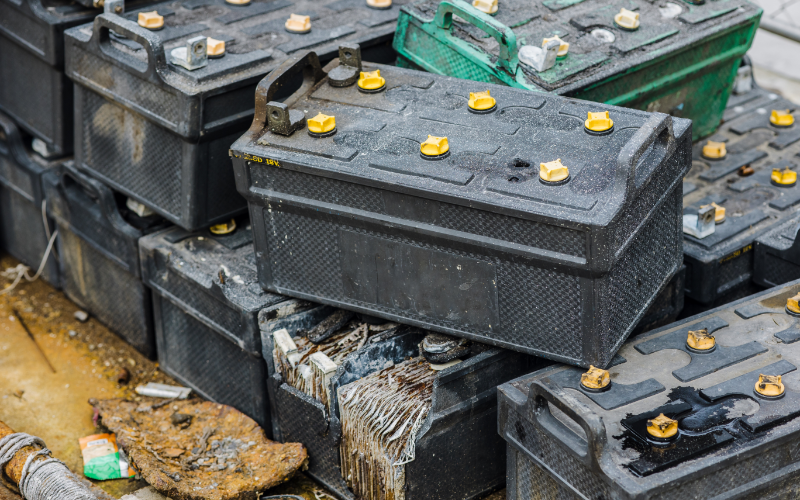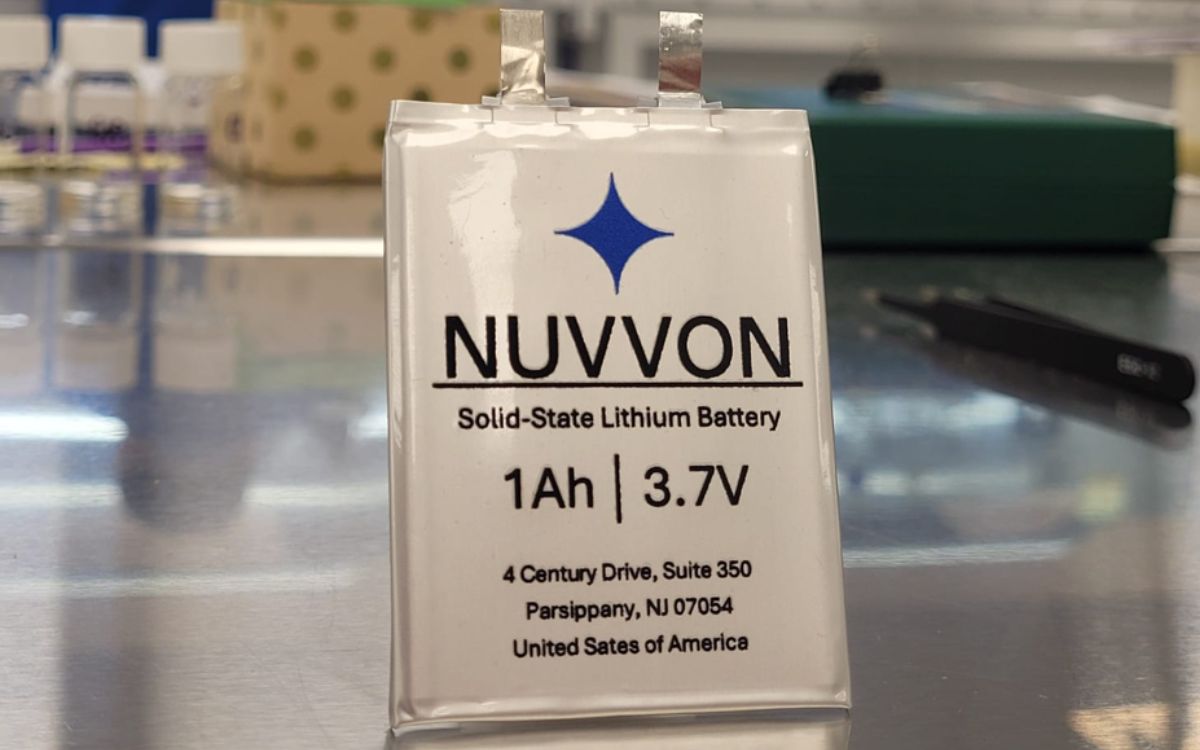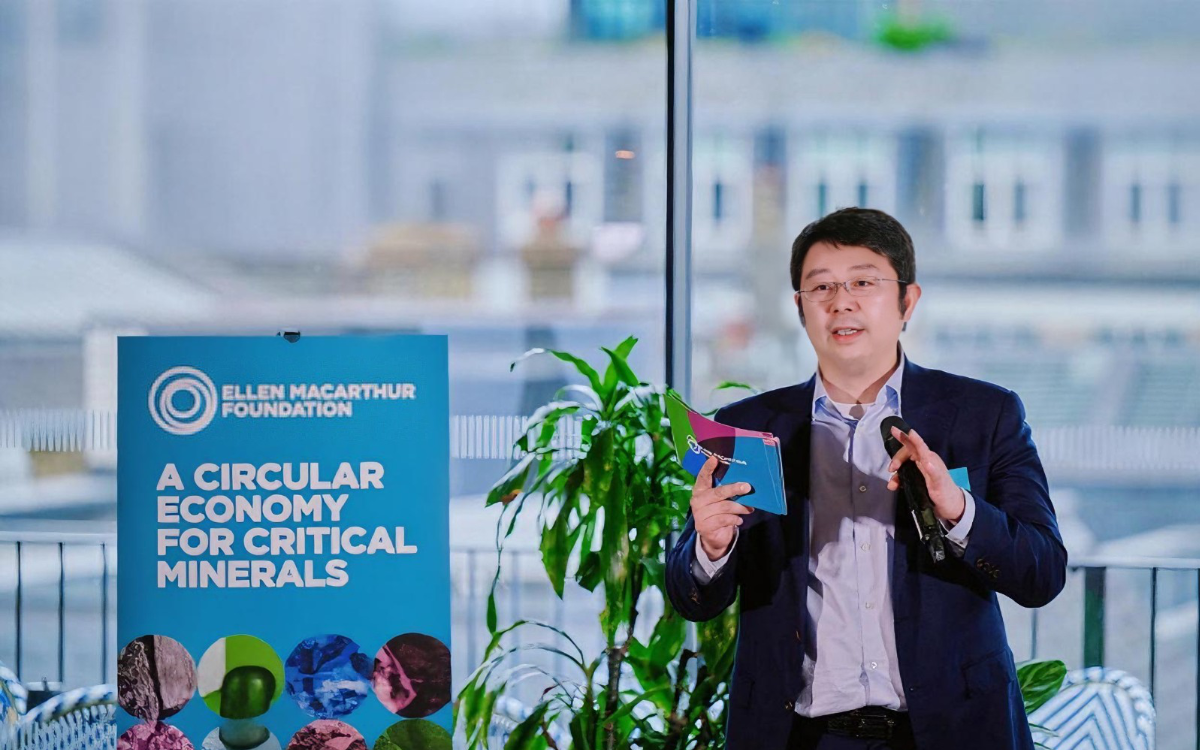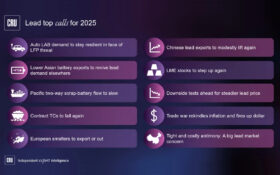At the end of 2024 the California Environmental Protection Agency’s Department of Toxic Substances Control (DTSC), made a final decision not to regulate lead batteries under the state’s SCP Program.
Safer Consumer Products (SCP) was established in 2013 to advance the design, development and use of products that are chemically safer for people and the environment.
In 2021 the agency declared that “listing lead-acid batteries as a priority product is not likely to further enhance protection to human health.”
Roger Miksad, president and executive director of trade body Battery Council International (BCI), said the outcome was right and that lead batteries are “critical” to meeting America’s energy storage needs and are already well regulated.
Following the final decision by DTSC, BCI said: “As DTSC found, existing laws and regulations cover the entire product life cycle which, combined with voluntary industry efforts, provide a safe product ecosystem. DTSC’s decision avoids an unnecessary regulatory process.”
However, the DTSC decision has not been universally welcomed. Organisations and citizens are worried about the negative aspects of lead-acid batteries, particularly their recycling. The US Environmental Protection Agency (EPA) has set clear guidelines for storage, handling and destruction of the batteries.
In most states it is illegal to dispose of used lead-acid batteries. DTSC has issued rules for handling end-of-life lead batteries, for example that shipping of more than 10 batteries requires a legible hazardous waste manifest. The organisation Public Health Watch has noticed the situation in California, where the lead battery recycler Ecobat has met a lot of criticism regarding toxic emissions. Also the Clean Air Coalition has taken action to force Ecobat to reduce its environmental impact.












